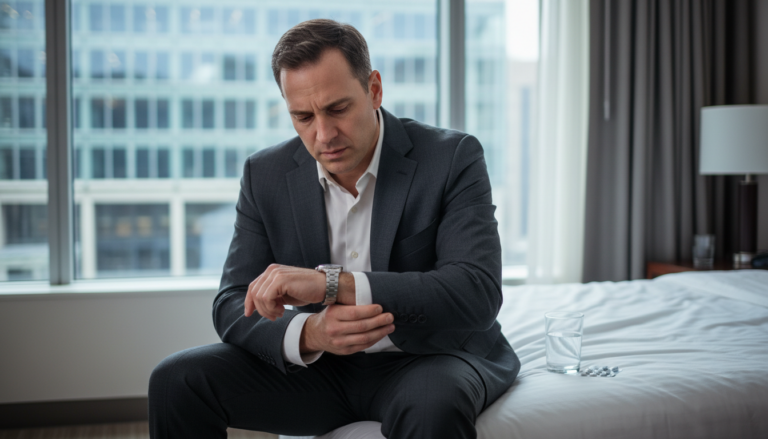As we age, it’s common to experience chronic pain. According to the National Institute on Aging, about 80% of older adults have at least one chronic health condition, and many of these conditions can cause pain that lasts for months or even years. Chronic pain can be debilitating and affect a senior’s quality of life, but there are strategies that can help manage it.
Understand Your Pain
The first step in managing chronic pain is to understand it. You need to determine the type of pain you are experiencing and its severity. Keep a pain diary to record the location, duration, and intensity of your pain. This can help you identify triggers that make your pain worse and help you communicate with your healthcare provider about your pain. By understanding your pain, you can gain control over it, which can help you feel more empowered and less anxious.
Work with Your Healthcare Provider
Your healthcare provider can help you manage your chronic pain. Make sure to communicate any changes in your pain, even if they seem minor. Your healthcare provider may recommend pain medication, physical therapy, or other treatments to help manage your pain. It’s essential to work together with your healthcare provider to find a treatment plan that works best for you. You should also let them know about any other medications or supplements you are taking, as they may interact with your pain medication.
Stay Active
It might be tempting to avoid activity when you’re in pain, but staying active can actually help manage chronic pain. Exercise can help improve flexibility, reduce stress, and release endorphins, which are natural painkillers. Talk to your healthcare provider about safe exercises for your condition. They may recommend low-impact exercises such as walking, swimming, or yoga. It’s essential to start slowly and gradually increase your activity level. You should also avoid activities that put too much strain on your joints or muscles.
Manage Stress
Stress can make chronic pain worse. Try relaxation techniques like deep breathing, meditation, or yoga to help manage stress. You can also try distracting yourself with a hobby or spending time with friends and family. It’s essential to find a relaxation technique that works best for you. You can also try other stress-reducing techniques, such as aromatherapy, massage, or acupuncture. These techniques can help you relax and reduce pain.
Make Lifestyle Changes
Making lifestyle changes can also help manage chronic pain. Eating a healthy diet, quitting smoking, and getting enough sleep can all help reduce pain. Your healthcare provider can help you make lifestyle changes that can benefit your overall health and manage your chronic pain. You should also avoid alcohol and caffeine, as they can make pain worse. Drinking enough water can also help reduce pain, as dehydration can make pain worse.
Join a Support Group
Joining a support group can help you connect with others who are experiencing chronic pain. You can share your experiences, learn from others, and get emotional support. The National Institute on Aging has a list of support groups for older adults. You can also join online support groups if you’re unable to attend in-person meetings. These groups can provide a sense of community and help you feel less isolated.
Conclusion
Chronic pain can be difficult to manage, but there are strategies that can help. Understanding your pain, working with your healthcare provider, staying active, managing stress, making lifestyle changes, and joining a support group can all help manage chronic pain. Remember, chronic pain is a complex condition, and it may take time to find the right combination of strategies that work for you. With patience and persistence, you can take control of your chronic pain and improve your quality of life.

